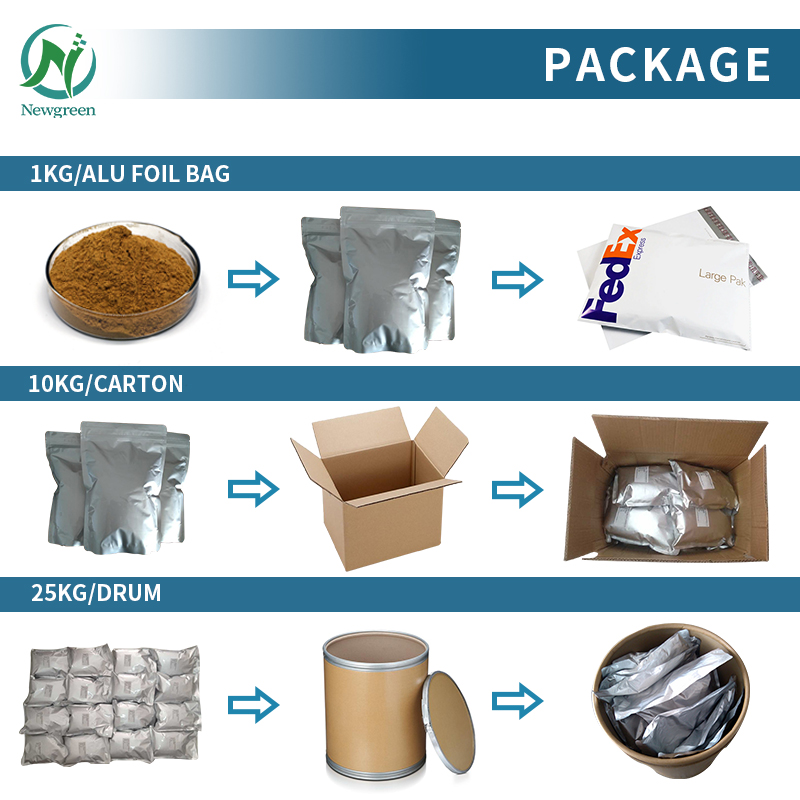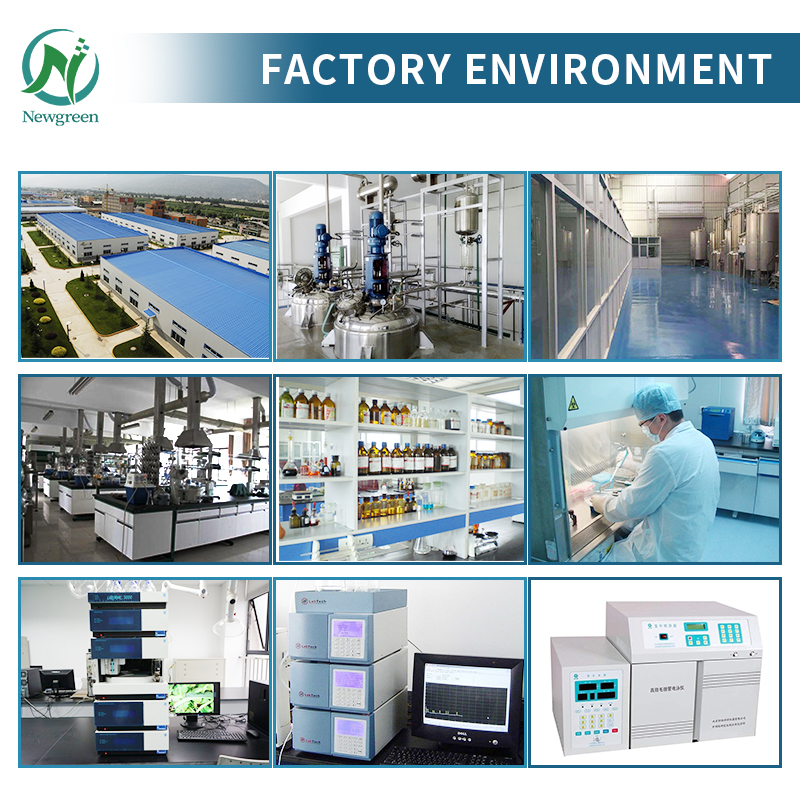Cosmetic Anti-inflammatory Materials 99% Thymosin Lyophilized Powder

Product Description
Thymosin is a group of peptides that are naturally produced in the thymus gland, a key organ of the immune system. These peptides play a crucial role in the development and function of T-cells, which are a type of white blood cell involved in immune response and regulation. Thymosin peptides are involved in various immune system processes, including the maturation of T-cells, the regulation of immune function, and the maintenance of immune homeostasis.
In addition to their role in the immune system, thymosin peptides have been studied for their potential effects on wound healing, tissue repair, and anti-inflammatory properties. Some thymosin peptides, such as Thymosin alpha-1, have been investigated for their immunomodulatory and therapeutic potential in conditions such as chronic infections, cancer, and autoimmune diseases.
Thymosin peptides are also of interest in the field of regenerative medicine and anti-aging research due to their potential role in tissue repair and rejuvenation. However, it's important to note that further research is needed to fully understand the therapeutic applications and potential benefits of thymosin peptides in these areas.
COA
| ITEMS | STANDARD | RESULTS |
| Appearance | White Powder | Conform |
| Odor | Characteristic | Conform |
| Taste | Characteristic | Conform |
| Assay | ≥99% | 99.86% |
| Heavy Metals | ≤10ppm | Conform |
| As | ≤0.2ppm | <0.2 ppm |
| Pb | ≤0.2ppm | <0.2 ppm |
| Cd | ≤0.1ppm | <0.1 ppm |
| Hg | ≤0.1ppm | <0.1 ppm |
| Total Plate Count | ≤1,000 CFU/g | <150 CFU/g |
| Mold & Yeast | ≤50 CFU/g | <10 CFU/g |
| E. Coll | ≤10 MPN/g | <10 MPN/g |
| Salmonella | Negative | Not Detected |
| Staphylococcus Aureus | Negative | Not Detected |
| Conclusion | Conform to the specification of the requirement. | |
| Storage | Store in a cool, dry and ventilated place place. | |
| Shelf Life | Two years if sealed and store away from direct sun light and moisture. | |
Function
Thymosin peptides, such as Thymosin alpha-1, have been studied for their potential effects on the immune system and various aspects of health. Some of the purported benefits and effects of Thymosin peptides may include:
1. Immunomodulation: Thymosin peptides are believed to modulate immune function, potentially enhancing the body's immune response to infections and diseases.
2. Wound Healing: Thymosin peptides have been investigated for their role in promoting wound healing and tissue repair, potentially accelerating the healing process.
3. Anti-inflammatory Properties: Some research suggests that Thymosin peptides may have anti-inflammatory effects, which could be beneficial in managing inflammatory conditions and promoting overall health.
Application
Thymosin peptides, such as Thymosin alpha-1, have been studied for their potential applications in various fields, including:
1. Immunotherapy: Thymosin alpha-1 has been investigated for its potential as an immunotherapeutic agent, particularly in the treatment of chronic viral infections, immune deficiencies, and certain types of cancer.
2. Autoimmune Diseases: Research has explored the use of Thymosin peptides in the management of autoimmune diseases, such as rheumatoid arthritis and multiple sclerosis, due to their immunomodulatory properties.
3. Wound Healing and Tissue Repair: Thymosin peptides have shown potential in promoting wound healing and tissue regeneration, making them of interest in the fields of regenerative medicine and dermatology.
Related Products
Package & Delivery



















